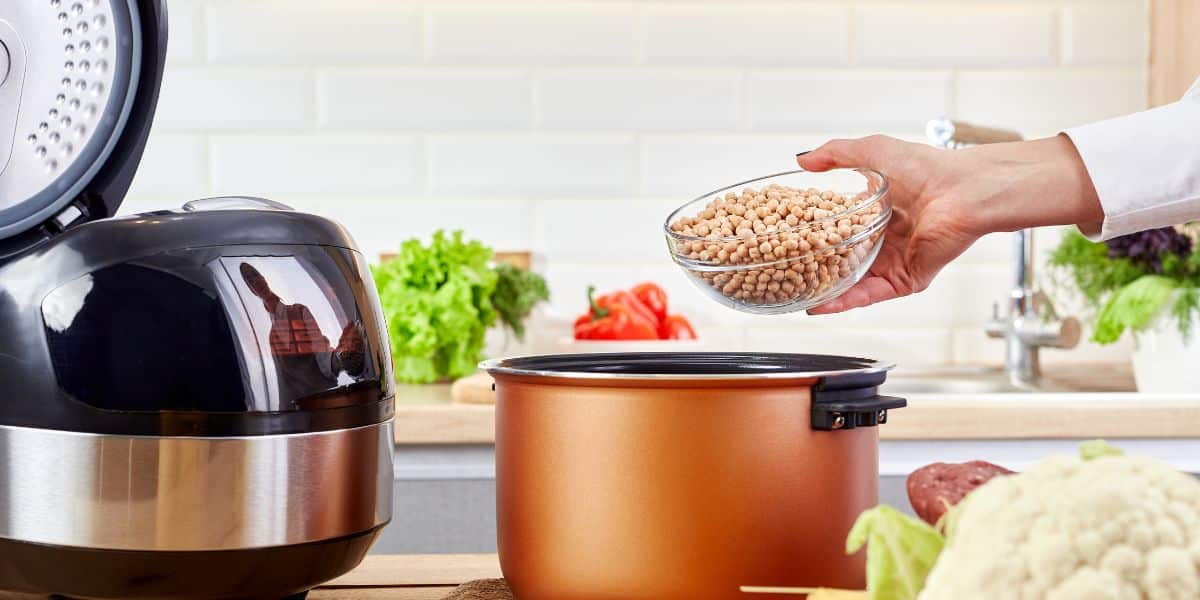Dreaming of hitting the open road in your very own camper van? While the allure of freedom and adventure can be incredibly tempting, it’s crucial to take a step back and consider some surprising reasons why purchasing a camper van might not be the best decision for you just yet. In this article, we’ll explore the hidden costs, practical challenges, and lifestyle considerations that may lead you to rethink your dream of van ownership.
Camper Vans Are More Involved Than You Think
Owning a camper van is not just about having a means of transportation; it comes with significant responsibilities. From maintenance to insurance, the costs can quickly add up. Many prospective van owners underestimate the time and effort required for routine upkeep, including servicing the engine, checking the plumbing, and ensuring the electrical systems function correctly. These tasks are essential to enjoy your camper van to the fullest, but they can be overwhelming if you lead a busy life.
Storage Woes
Unlike traditional vehicles that fit neatly in a garage, camper vans often require considerable storage space when not in use. This can be a major drawback if you live in an urban area where space is at a premium. Renting a storage unit could become an additional expense, further straining your budget. The ideal of owning a camper van may not be as dreamy when you realize you’ll be paying to store this vehicle for the majority of the year.
The Environmental Impact
In today’s eco-conscious society, the environmental impact of your vehicle choice is vital to consider. Camper vans, although convenient, can consume more fuel than a typical vehicle and have a larger carbon footprint. If you’re committed to minimizing your environmental impact, it might be worth reevaluating this dream. Renting a camper van for occasional trips can be a more sustainable alternative that allows you to enjoy the experience without the long-term environmental consequences of ownership.
Flexibility with Rentals
One of the most significant advantages of renting a camper van instead of purchasing one is the flexibility it offers. If you dive into the camper van lifestyle and find that it’s not the fit you expected, you’re stuck with a very expensive investment. Renting, on the other hand, allows you to assess whether this form of travel truly aligns with your lifestyle. Try different models and configurations before committing to a purchase. It’s a way to test the waters without regrets.
Long Wait Times and Supply Chain Issues
The RV industry has faced significant disruptions in recent years, leading to extensive wait times for new RVs and camper vans. After deciding to make this major purchase, you may find yourself in for an unexpectedly long waiting period. This reality takes some of the excitement out of planning your next adventure. Furthermore, while waiting, you may discover new travel trends or experiences that shift your travel priorities altogether.
Hidden Costs Add Up
Aside from the initial cost of purchasing a camper van, many people overlook the ongoing expenses associated with ownership. You must consider insurance, maintenance, storage fees, and even campground fees, which can accumulate rather quickly. If you’re not fully prepared for these expenses, your dream of roaming freely can quickly turn into a financial burden, taking the joy out of your investment.
Before finalizing your plans to purchase that coveted camper van, consider these six surprising reasons why it might be wise to pause and reflect. Not only will it allow you to explore your options thoroughly, but it may also open the door to new adventures, experiences, and options you might not have otherwise considered. Sometimes the journey is just as important as the destination, and weighing your choices can lead to even greater travel experiences.
In a world filled with possibilities and choices, it’s perfectly fine to take your time. Whether opting for the camper van dream or exploring alternative methods of travel, consider what suits your lifestyle best. Don’t forget to return for more intriguing articles about home decoration and travel tips, and be sure to share them with fellow travel enthusiasts!




